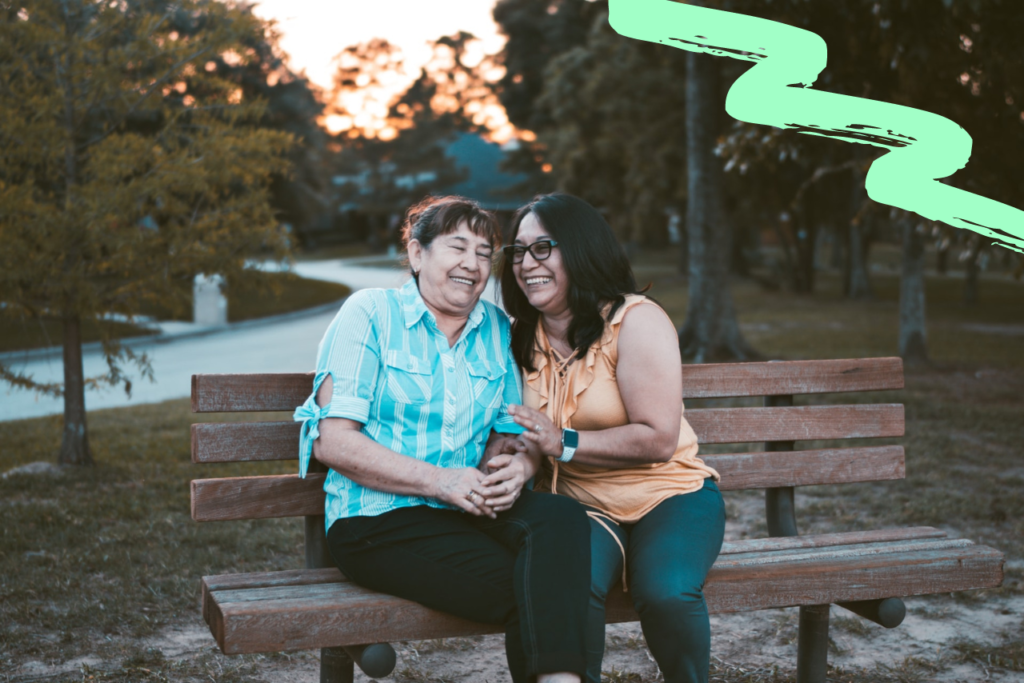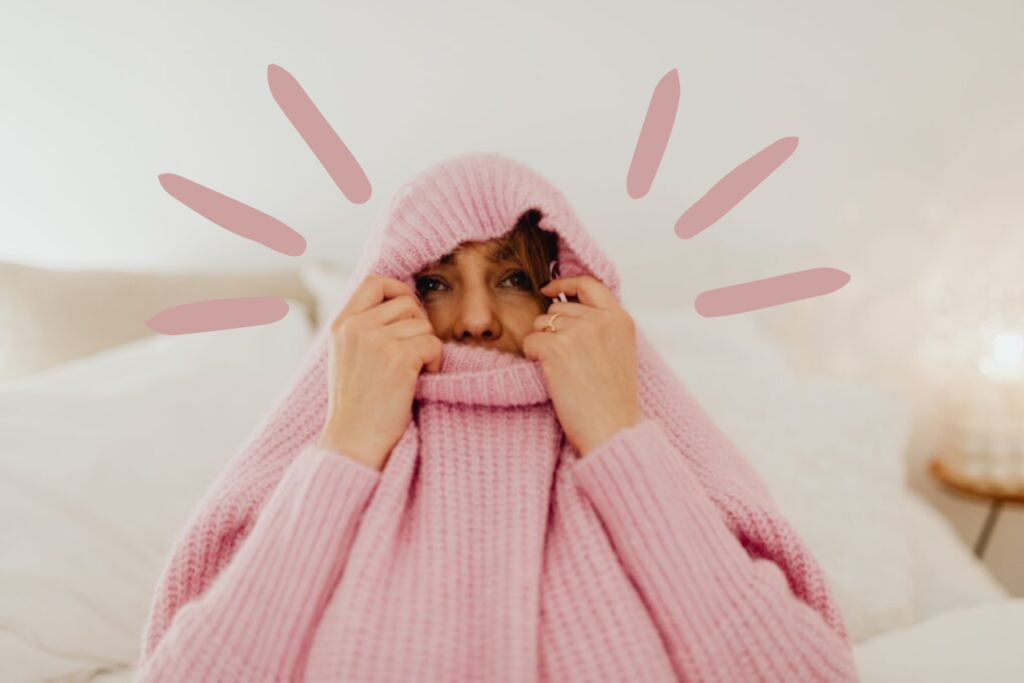It’s 2022 and awareness of the menopause and its sometimes debilitating effects is soaring. Indeed, just this week it was reported that MPs were considering ‘menopause leave’, with the Women and Equalities Committee saying ‘’stigma, shame and dismissive cultures… must be dismantled.’’
Whilst government intervention to improve the rights of those going through the menopause is welcome, there are also things you can at home to help with some of the symptoms of its onset. Here are 8 tips to help you deal with the effects of the menopause.
Talk About It
Menopause is a challenging time in a woman’s life, both physically and emotionally. From awful anxiety, fatigue, headaches, aching joints and nausea, the menopausal symptoms that women suffer from are wide and varied.
Unfortunately, it’s a subject that’s still not discussed enough. However, talking about it can help women stay better informed about the symptoms and also on how to manage them. Moreover, sharing how you are feeling with your family, friends, and colleagues means you’ll have support to better cope with any symptoms you’re going through.
Talking about it will also help future generations. As one campaigner told the Guardian, “we need to talk about menopause as loudly and as much as we can because we have to get past the stigma and shame our society places on menopause,…we have to break the taboo.” We couldn’t agree more.

Banish Night Sweats
During the menopausal transition, which lasts on average 7 years, some women have a tough time sleeping because of intense hot flashes. However, you can take several measures to ensure that you stay more relaxed and enjoy your sleep when the hot flashes come knocking with rage.
Wearing thin breathable pajamas is an excellent start. Also, consider light blankets and bedsheets instead of your thick quilt or comforter. Placing a bag of frozen produce under the pillow might work for you; you can flip it over and lay your face on the cold surface. Lastly, keep the fan running to help cool the room.
Read: Tips for sleeping better in hotter weather
Improve Sleep
Exercises like yoga and tai-chi have been found to have the ability to ease menopause symptoms and improve sleep, whilst it’s also been posited that meditation could help, too. Why not try doing a short session of either of these (or a combination of both) before bedtime?
Consider your consumption in the run up to bedtime, too. Although a late-night cup of coffee, wine, or beer may be tempting, relaxing even, it will most likely disrupt your sleep and reduce the quality of your slumber.
A warm glass of milk is ideal because it contains tryptophan, which may help you sleep. Consider seeing a doctor if none of these methods prove effective, and consider these 4 pre-bedtime habits that will help improve your sleep, too.
Address Vaginal Dryness
Menopause can trigger a decrease in certain hormones, leading to vaginal thinning and dryness, a condition that makes sex painful. If you experience this issue, you may want to turn to water-based vaginal lubricants and moisturisers. Prescriptions from your doctor are the better and safer option because they can be both more suited to the specificities of your condition and, in some cases, more potent versions of high-street equivalents.
Medications taken by mouth, such as Ospemifene, and vaginal suppositories (Dehydroepiandrosterone) may also help, though, once again, it’s best to consult with a health professional before considering any medicine or treatments.
Rekindle Sexual Desire
Sexual desire decreases as the hormone levels also tank, but it is possible to get in the mood, if you are still keen to nurture this side of you.
Foreplay, massage, and other new routines can rekindle the flame. Most importantly, avoid rushing anything. Give yourself time to be aroused. The lack of desire for sex might also be due to other factors besides decreased hormone levels. Stress, trouble sleeping, anxiety, and depression can contribute to the problem. Consult your doctor if you believe such issues might be the underlying cause of this impact on your sex life.

Even Out Your Moods
Mood swings can be a rocky situation; one minute, you are down and the next, you’re up. That is the nature of menopause, and things can be even more erratic for women prone to PMS before menopause.
Antidepressants might help some women manage mood symptoms, and low-dose birth control pills could provide a similar benefit, but the main treatment for reducing menopause symptoms is Hormone Replacement Therapy (HRT).
That said, HRT isn’t without its risks; always consult your menopause doctor when considering treatment.
Ease Headaches
Some women report severe migraines when they reach menopause, and others experience migraines for the first time at this stage in their lives.
Many experts recommend keeping a headache diary, which can help you track when the migraines occur and identify potential triggers, which can be linked to hunger, temperature changes, stress, anxiety, fatigue, and dehydration.
Snacks to ensure steady blood sugar levels are also recommended, and it’s also a good idea to drink plenty of water to ensure you stay hydrated. Finally, going to sleep and waking up at a consistent time has been suggested to help reduce the frequency and severity of migraines.
And once again, do not hesitate to see a doctor if the migraines are debilitating and frequent. Your doctor will be able to prescribe medications to treat or prevent severe headaches.
Stop Hair Loss
Thinning hair and hair loss in many women occur when they reach menopause. On the flipside, some women report the opposite effect; unwanted hair growing on their chin and cheeks.
Your diet is key in managing hair loss during menopause; make sure you’re enjoying a healthy, balanced diet full of whole grains, fresh fruit and vegetables, and plenty of mono-saturated oils such as olive oil. You should also consider adding Vitamin B6 and folic acid supplements to your diet, which may help restore hair growth.
Reducing stress (once again crucial!), getting plenty of exercise and hydrating enthusiastically can also all help with hair loss experienced by those going through the menopause.
Above all else, remember that these symptoms won’t last forever, and that menopause is a natural event and transition that the vast majority of women experience. You’re not alone.




